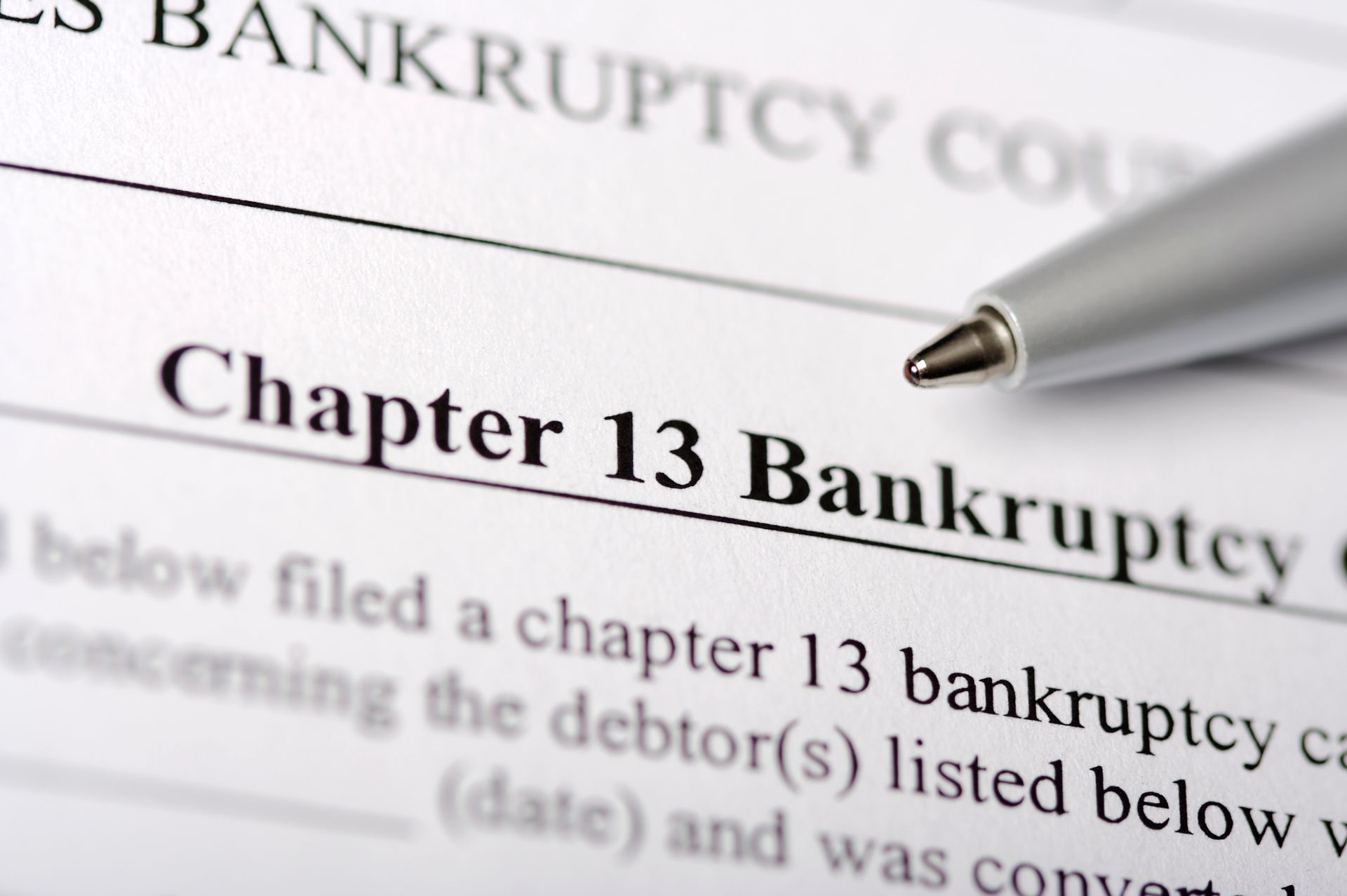What Are the Good Faith Requirements for Bankruptcy?
In order to be eligible for a discharge of your debts in a Chapter 7 bankruptcy or a Chapter 13 reorganization, you need to show that the bankruptcy is being filed in good faith. Debtors filing bankruptcy are required to use the bankruptcy laws for honest intentions rather than attempting to abuse the process.
A bankruptcy attorney can examine your situation to ensure you meet all the requirements. So long as that can be shown, your bankruptcy proceedings should flow smoothly and you can get your debt problems under control.
One factor creditors or the court might look at is the repayment history on an account. If a person hasn’t tried to make payments, this may show a lack of good faith. By making payments, a person can show he or she at least made an effort to repay the creditors but was unable to continue to do so.
Another factor is how honest was the debtor with their creditor when applying for a loan or a line of credit. For example, some credit cards ask a person to disclose their monthly income. If the person wildly overinflated this income in order to get a higher credit limit, this may signal to a judge that the person did not act in good faith in obtaining the credit. Similarly, if a person maxes out credit cards just prior to filing bankruptcy, this also might be a sign of bad faith as well as a basis for a creditor to challenge any efforts to discharge the debt.
Good faith also requires that people be honest with the bankruptcy court about their financial situation and their property. If someone attempts to deceive the court or conceal assets, these are clear indicators of bad faith. Even if transfers have been made or charges were incurred prior to (or even after) meeting with a bankruptcy attorney, the good faith requirements of bankruptcy mandate these issues be disclosed in an honest and forthright manner and they be brought to the surface as soon as practicable.
Lack of good faith has its consequences. If a bankruptcy is dismissed due to lack of good faith, the debtor will lose the protection of the automatic stay and the debt may survive the bankruptcy. This means that creditors may not only be allowed to resume their collection activities against a debtor, but the underlying debts might never be capable of being discharged in a subsequent bankruptcy proceeding. An experienced bankruptcy attorney can prevent this from happening while keeping your bankruptcy on track.
At The Bankruptcy Clinic, we have helped clients across Southern Illinois get relief from overwhelming debt. If you are in Marion, Mt. Vernon, or Carbondale, we have a location to serve you. For a free consultation to discuss your debt problems, contact The Bankruptcy Clinic right away.
















